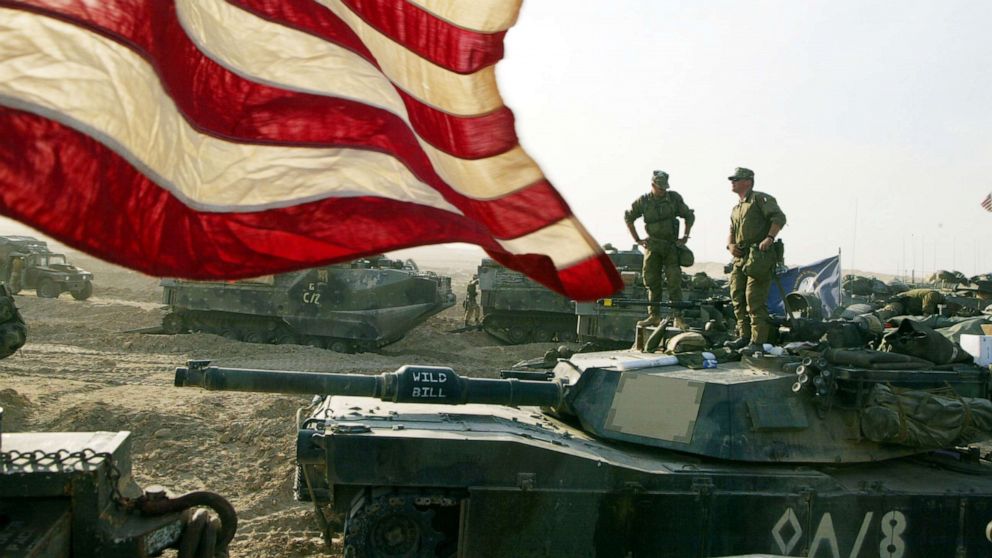ABC News correspondents reflect on 20 years of the war on terror
What began as retaliation for 9/11, the deadliest terror attack on U.S. soil, the war on terror -- so dubbed by then-President George W. Bush -- is now two decades old, with no end in sight.
"None of us had ever thought this would be a 20-year war," said Bob Woodruff, an ABC News correspondent. "We didn't think this was going to be a substantially different kind of war."
The global counterterrorism effort has proved expensive: 900,000 lives and $8 trillion, according to Brown University's Costs of War project.
With the U.S. recently pulling out of Afghanistan, correspondents who've covered the conflict took time to reflect on what they've seen over the last two decades. ABC News' Martha Raddatz, Pierre Thomas, James Longman, Ian Pannell and Bob Woodruff share their thoughts here.
It's hard to look at the last 20 years and think that the West's reaction to 9/11 hasn't made terrorism worse.
The story, in many ways, was unavoidable. It's something many journalists have covered for most of their careers.
"Almost every single thing that I have ever done over the last 20 years has been directly or indirectly related to what we now call the 'war on terror,'" Pannell said.
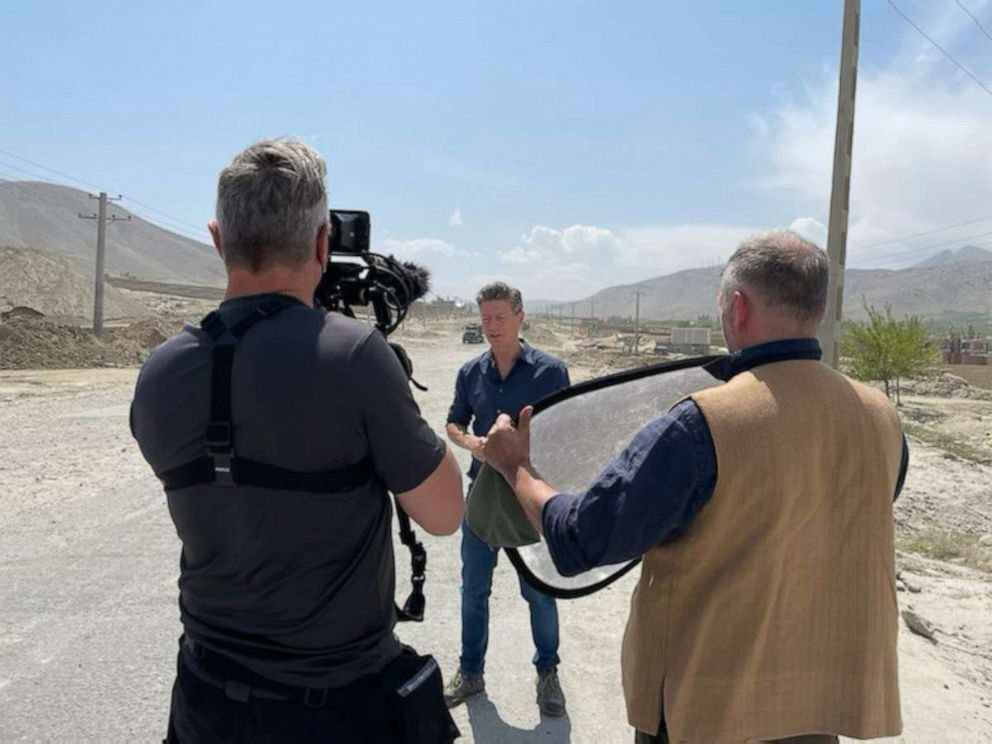
Longman was 14 years old when the war started and, he said, still "kind of figuring out what I wanted to do with my life."

While many spent that Tuesday morning ensuring their loved ones were safe and watching the news, journalists across the world leaped into action.
"I was in the State Department the day of 9/11," Raddatz recalled. "And as soon as the second plane hit, you knew -- you just knew -- that we would have to find out who did it and have those people pay a price."
What followed in the months to come was a wave of panic and crisis management led by Bush and Vice President Dick Cheney.
"The people who knocked these buildings down will hear all of us soon," Bush said during a visit to Ground Zero three days after the tragic attack.
"Everyone knew what that meant," Thomas said. "I remember people being pretty honest about this new 'war on terror.' They said, 'Yes, we're going to Afghanistan.' But terrorism of this sort was a movement."
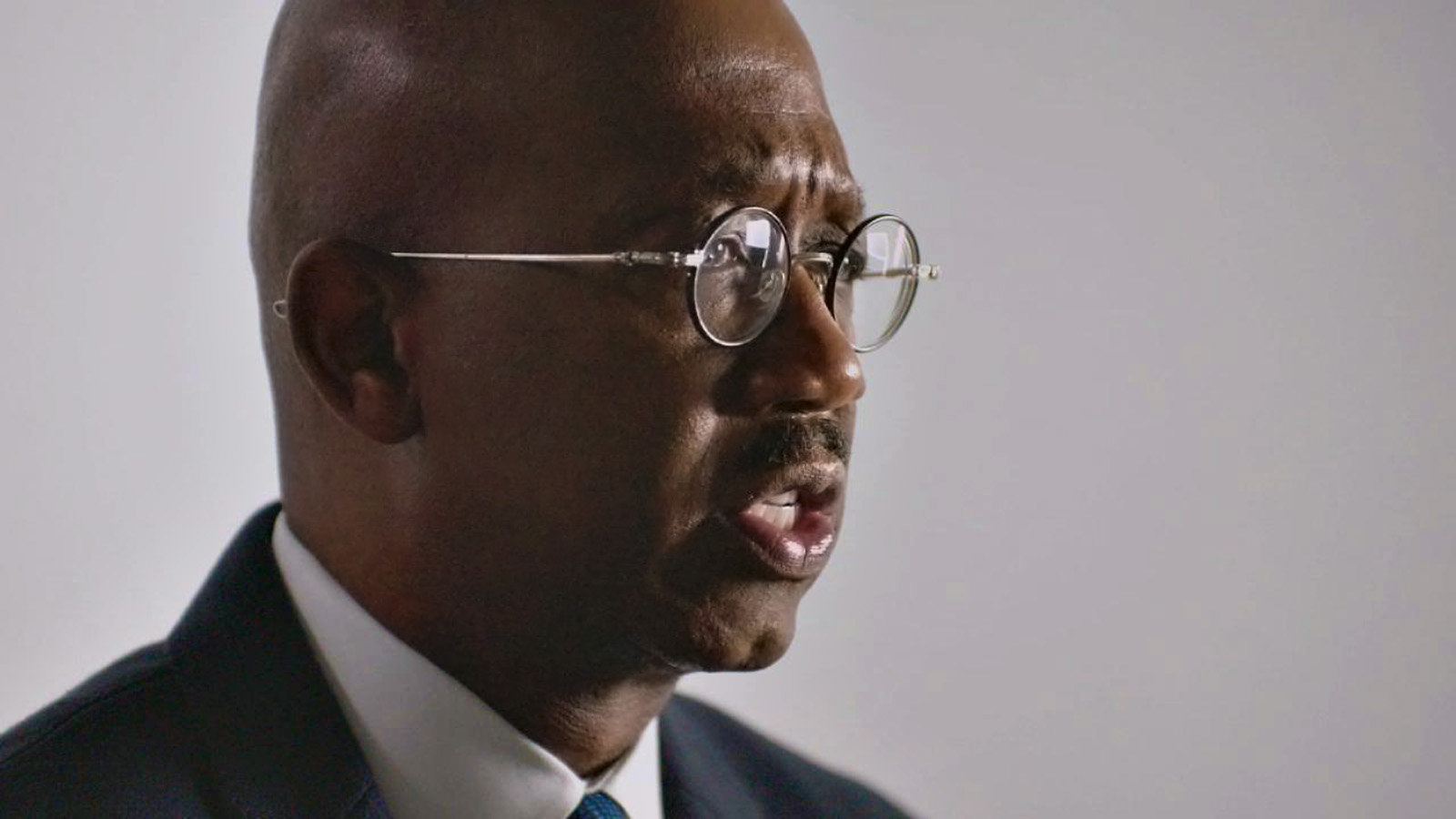
First coined by Bush a week after the 9/11 attacks, the term "war on terror" was not one assigned to a single, specific war.
"When you heard President Bush talk about, 'You're either with us or against us,' that's what stuck out to me," Raddatz said. "You're with us or against us? What does that really mean?
"Is the 'war on terror' against everybody who doesn't help us, who isn't backing whatever it is we do? Is the 'war on terror' against Pakistan? Is the 'war on terror'? What is it exactly? And that was never, never defined clearly."
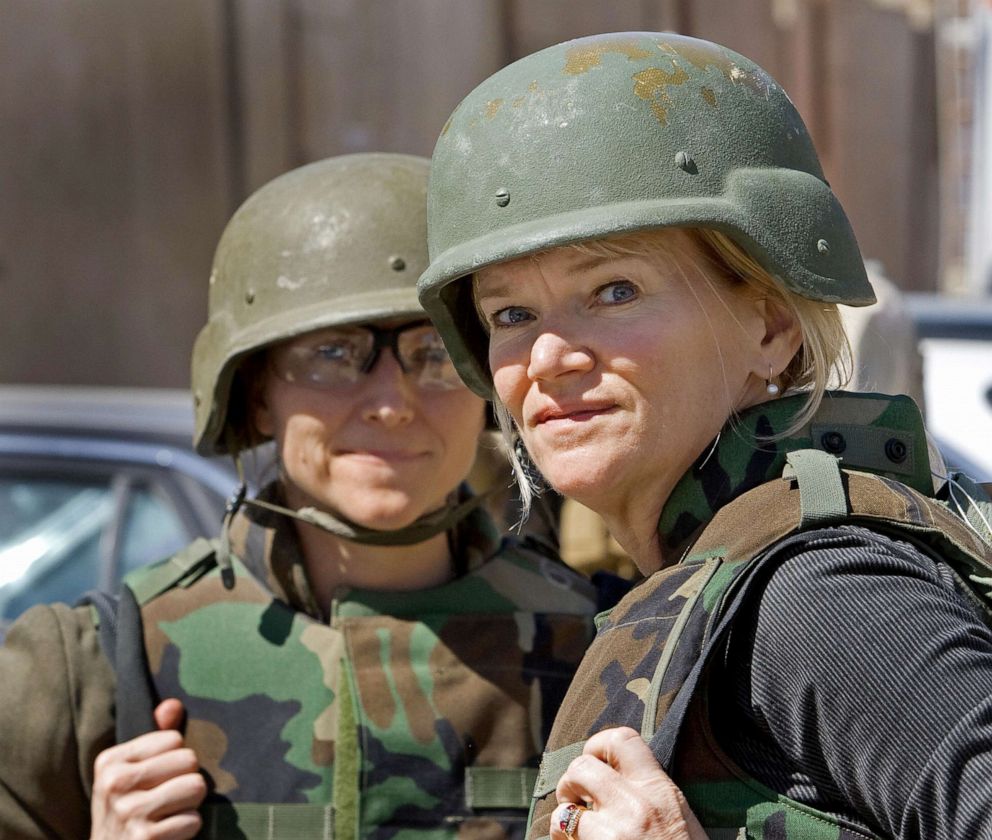
Over time, the term's definition seemed to expand, evolving as did global terror cells.
"We knew what terrorism was before this, but this was just blown up," Woodruff said. "This was expanded."
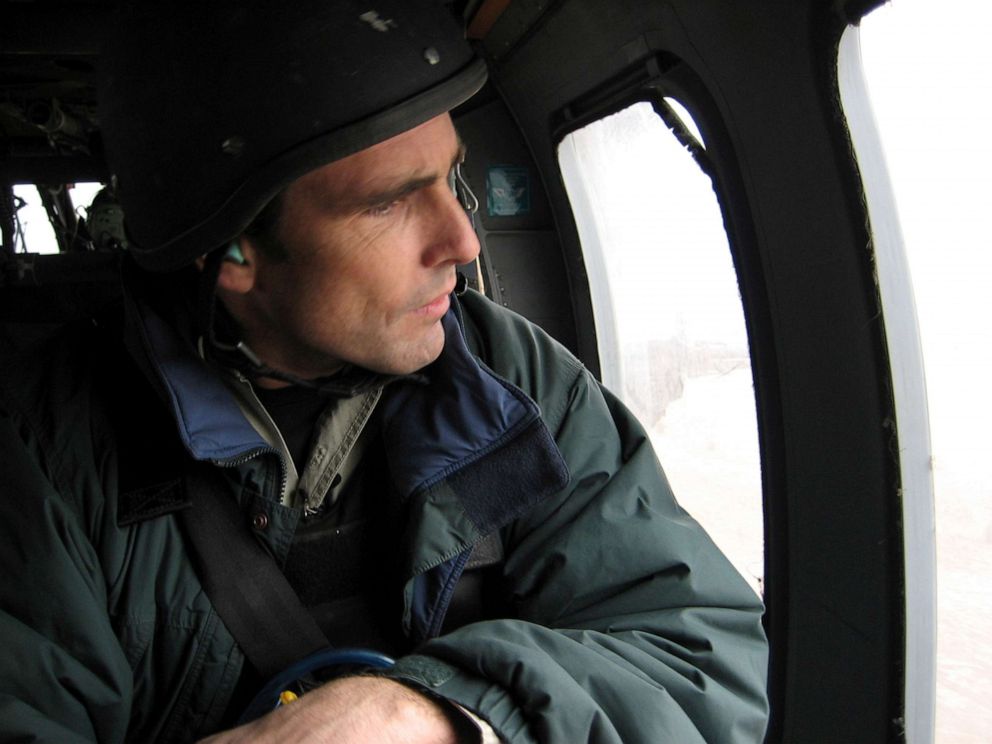
What began as a way to get back to al-Qaeda, who claimed responsibility for 9/11, became a global campaign.
"It was Afghanistan. It was bin Laden, al Qaeda, the Taliban. It was just that," Pannell told ABC News. "But then, it started to be about Saddam Hussein, about weapons of mass destruction that became threats, to North Korea. It became radicalism, jihadism. It became about ISIS."
In 2009, reporting from Iraq, Woodruff and his cameraman, Doug Vougt, were injured in an explosion from an improvised explosive device.
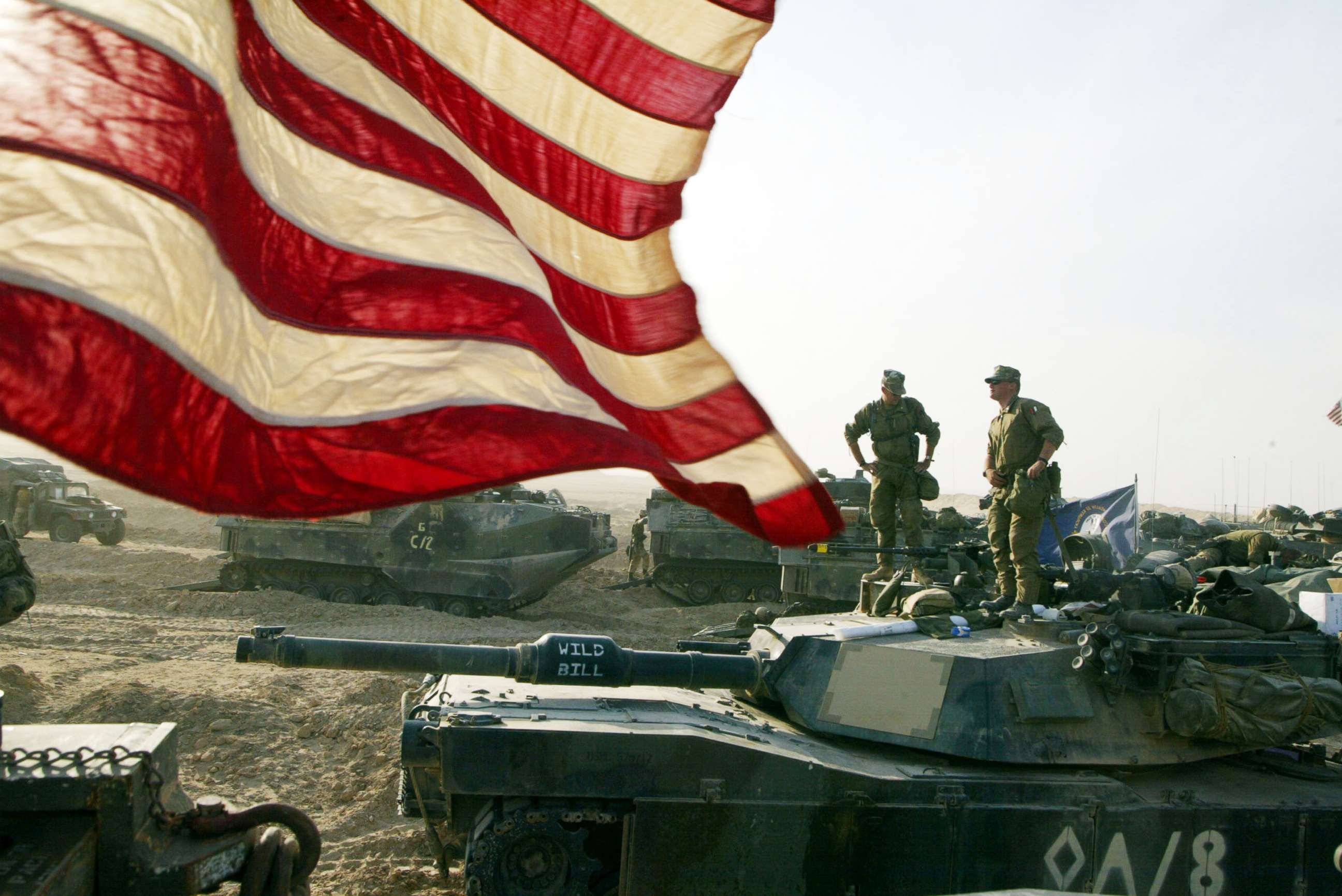
"Having Bob injured changed me," said Raddatz, a close friend. "For that to happen to Bob? Changed me. It sobered me."
While the U.S. has celebrated some wins, including the killing of bin Laden by Navy SEALS, there have been additional, often unforeseen, consequences, including a rise in Islamophobia, xenophobia and racism.
"It's hard to look at the last 20 years and think that the West's reaction to 9/11 hasn't made terrorism worse," Longman said.
"The U.S. is tired of wars," Woodruff added. "The ones that we fought in the Middle East were not very successful in terms of benefitting our country, except for keeping other terrorist attacks out of the U.S. In that sense, it was very successful so far. But it's tiring."
